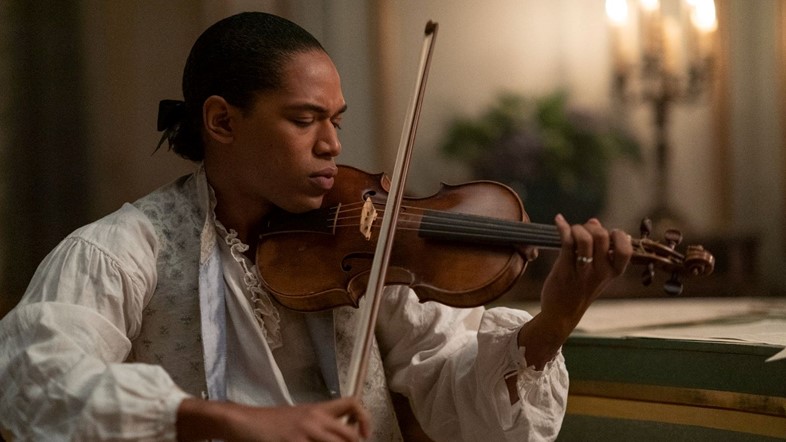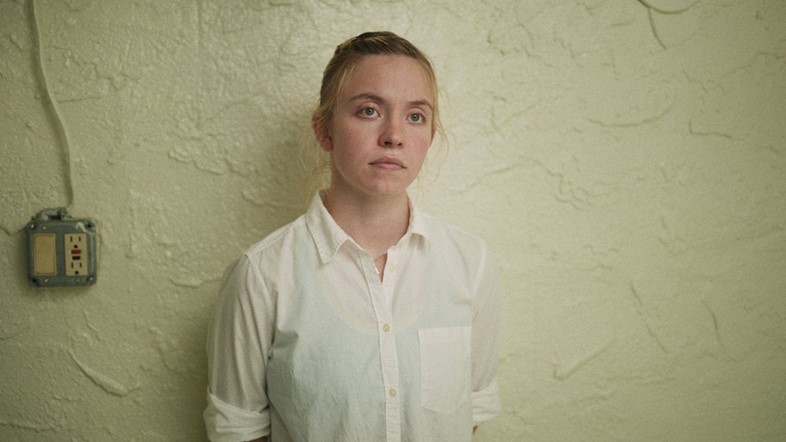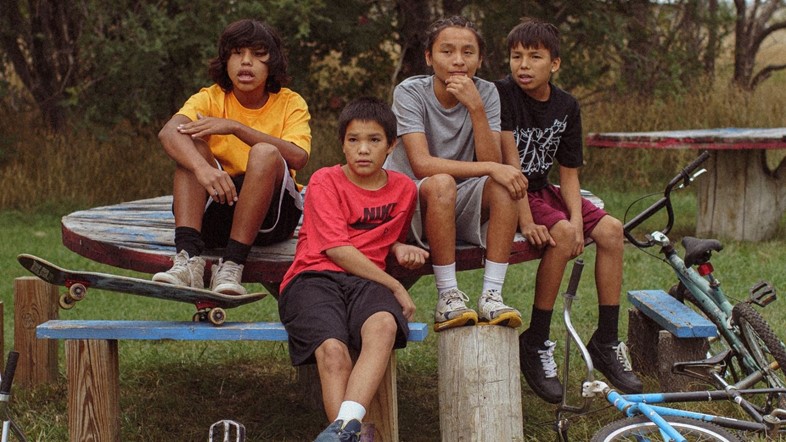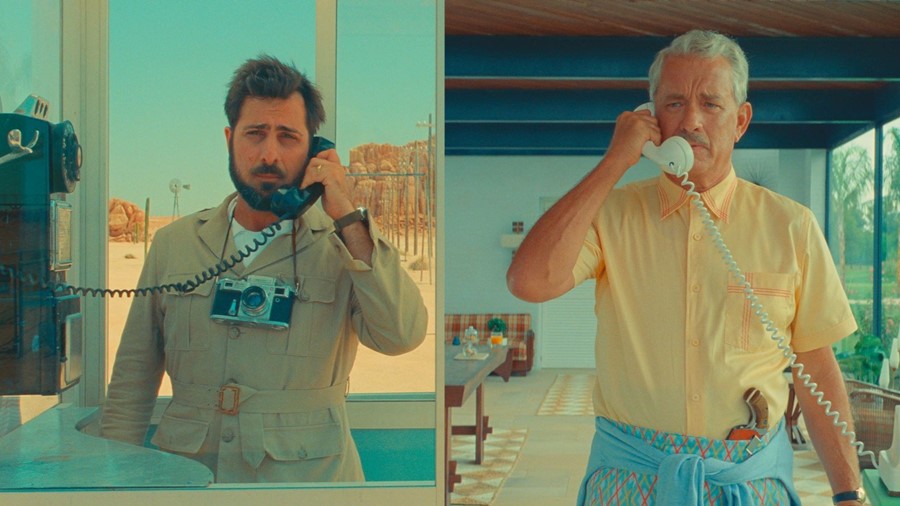From Wes Anderson’s Asteroid City to Riley Keough and Gina Gammell’s poetic War Pony, here are the films to add to your watchlist this month
Asteroid City
Ahead of its premiere at Cannes, word on the street about Wes Anderson’s new film was that it was basically Close Encounters of the Wes Kind, the tale of a junior stargazers’ convention gone awry when aliens make an unscheduled appearance at the event.
But that turns out to be only half the story, as the main action of the film is revealed early on to be a televisual staging of an unproduced play, written in the 50s by legendary playwright Conrad Earp (Edward Norton). It’s an odd framing device that the director has talked of as a tribute to the Hollywood trailblazers of the 1950s, particularly those indebted to Lee Strasberg’s famed method school, and their insights into the damaged psyche of postwar America.
But the meta stuff just seems needlessly fussy, the sort of metatextual bookending with which Anderson seems increasingly taken these days, at odds with the basic lightness of the action elsewhere. (Though we do get a great moment where the narrator, played suavely by Bryan Cranston, wanders haplessly into shot during the play’s action. “Am I not in this?” he asks, momentarily panicked.)
As for the play within the film, it’s mostly very good – though played, confusingly given the premise, in a manner that’s all Anderson. Expositional stuff is rattled off at breakneck clip, while the starry cast trade deadpan zingers in a manner that occasionally touches on screwball force. It looks like a dream, too, the director and his crew going to Truman Show-like lengths to capture the fictional desert town that supplies the play with its setting. (The film was shot in a vast, specially constructed set in Spain which made use of forced perspectives to convey a sense of scale.)
Supplying the film with its emotional throughline is Augie Steenbeck (Jason Schwartzman), a recently widowed war photographer trying to summon up courage to tell his kids that their mother is dead. En route to the convention, he spars amusingly with his frosty father-in-law (Tom Hanks), and meets Midge Campbell (Scarlett Johannsson), a famous actress with whom he seems to share a tentative bond.
All told it’s a curate’s egg of an addition to the Anderson filmography, too clockwork in its construction to be the good time it occasionally threatens to be. But it’s not without its moments of pleasure, extraterrestrial and otherwise.

Amanda
Amanda starts like a study in rich-kid dysfunction ripped straight from the Sofia Coppola playbook, before morphing into something a little bit darker. Twentysomething Amanda (Benedetta Porcaroli) is a workshy, ostentatiously ‘depressed’ young woman living at home with her parents; her only friend is a housemaid secretly employed by her mum to keep a close eye on her. (“Judy,” she tells the maid, “staying with my family is turning you into a real asshole.”) When she meets Rebecca (Galatéa Bellugi), a genuine depressive who refuses to come out of her room at home, Amanda decides to camp outside her door until she bags herself a new best friend. Sensitively played by its leads, this odd-couple comedy shares plenty in common with the darker end of American 00s indie cinema, full of first-world ennui and idiot-savant musings like, “Have you ever noticed it’s always other people that die?”

Chevalier
Chevalier is a music biopic that opens on an outrageous fabrication: in 18th-century Paris, a young Black composer crashes a violin concerto to challenge Mozart to a musical duel – think Zoolander’s pants-twisting ‘walk-off’ – with predictable results. And yet, the life and times of Joseph Bologne, Chevalier de Saint-Georges scarcely need embellishment: he really was on familiar terms with Mozart, a favourite in the court of Marie Antoinette who later embraced the cause of revolution. In Stephen Williams’ lukewarm biopic, Kelvin Harrison Jr plays him as a swaggering riff on Great Expectations’ Pip, a man torn between personal ambition and the painful truth about his own family background. It’s a commanding turn, but Williams’ film seems unsure if it wants to be a piece of woke revisionism or a campy spectacular in the Baz Luhrmann mould, and as such fails to fully convince as either.

Reality
Tina Satter’s first film makes gripping political drama from seemingly unpromising material: FBI transcripts from the arrest and interrogation of Reality Winner, an NSA whistleblower jailed for leaking information about Russian interference in the 2016 US presidential elections. Adapting from her off-Broadway play of the same name, Satter draws a terrific performance from her lead, Euphoria and The White Lotus star Sydney Sweeney, making creative use of redacted portions of the transcript to probe at uncomfortable truths about reality’s basic pliability the post-truth, deepfake, Fox News era.

War Pony
When Riley Keough met Franklin Sioux Bob and Bill Reddy, two young Native Americans working as extras on the set of Andrea Arnold’s American Honey, she introduced them to her friend Gina Gammell, and they set about developing their story for War Pony. It’s a film bearing the imprint of Arnold in more ways than one, a tale of kids on a South Dakota reservation that seeks, with some degree of success, to adopt the British director’s blend of social realism and poetic insight. There are wonderfully naturalistic performances from its non-professional leads, too, Jojo Bapteise Whiting and LaDainian Crazy Thunder excelling as caught up in a neighbourhood where the old communal bonds have slowly been eroded by the need to make a fast buck.
